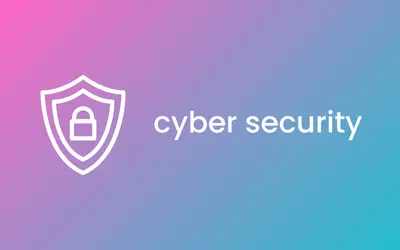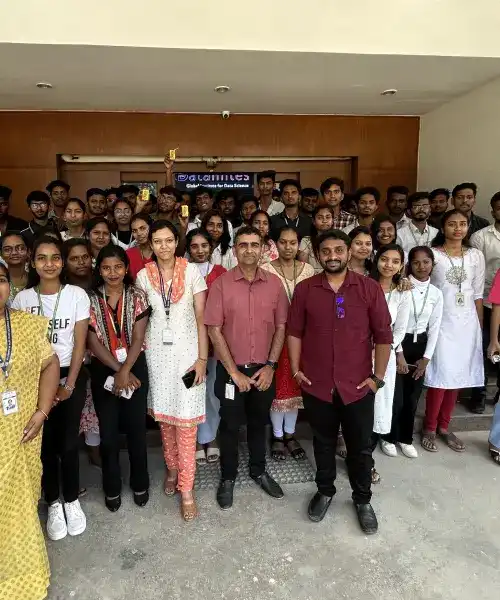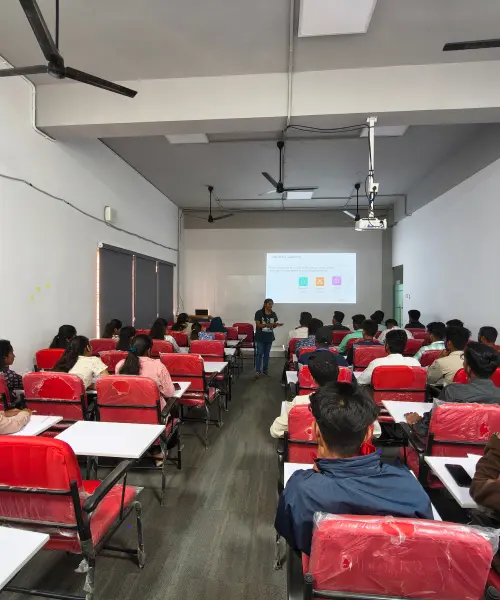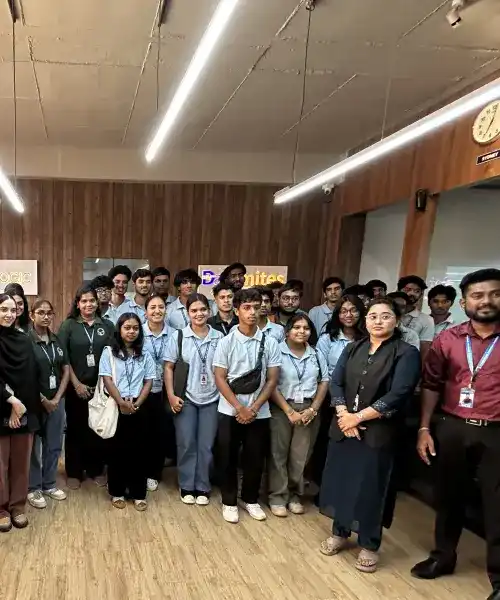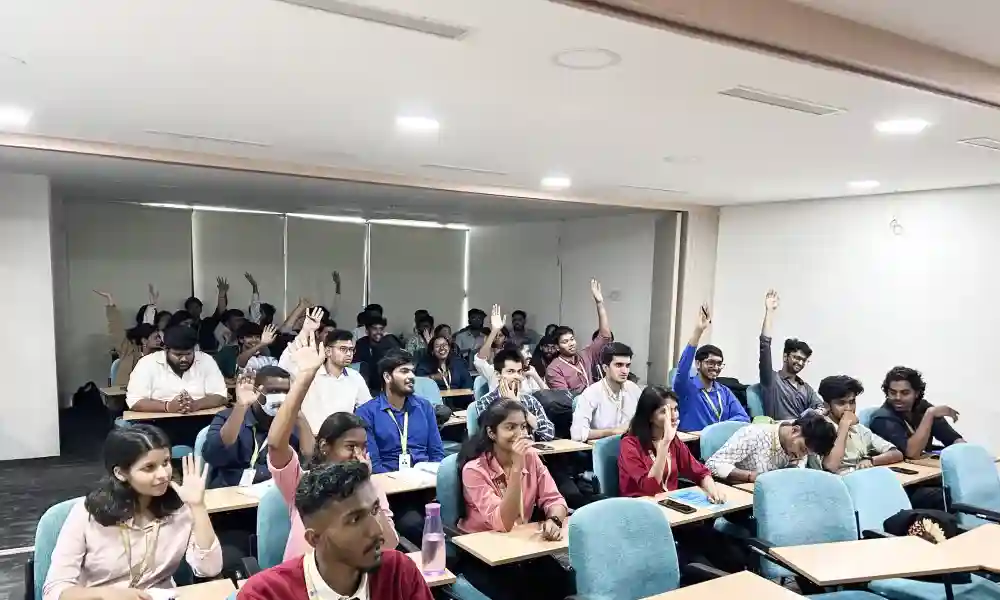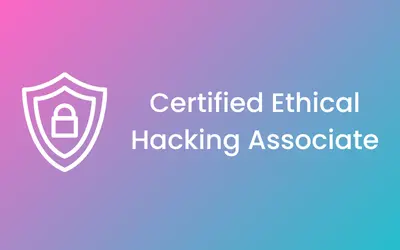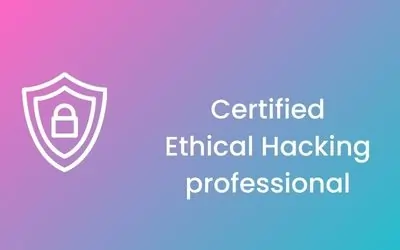CYBER SECURITY TRAINING IN DELHI
-

-
(16908 Reviews)
-
Career Growth: Unlock the best career opportunities in Delhi's cyber security field. Prepare for top roles like security analyst or ethical hacker, and advance your career in one of India's fastest-growing industries.
-
Essential Skills: Master the most important skills like network security, threat analysis, and risk management to safeguard businesses online and make a significant impact in the cyber security landscape.
-
Real-World Experience: Gain invaluable hands-on experience through internships with leading companies in Delhi. Build your skills and confidence, setting yourself up for a successful and rewarding career in cyber security.
